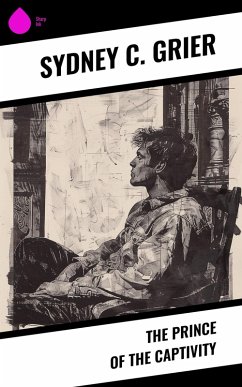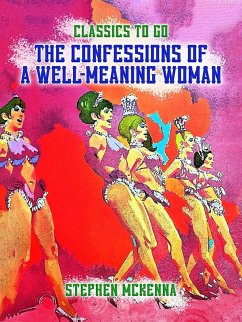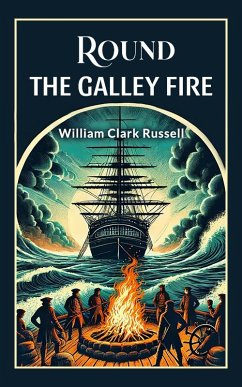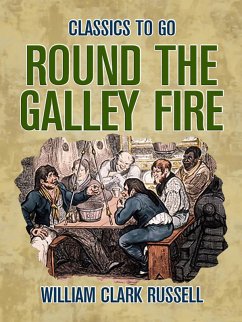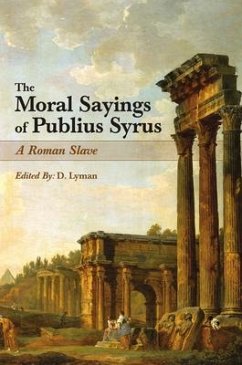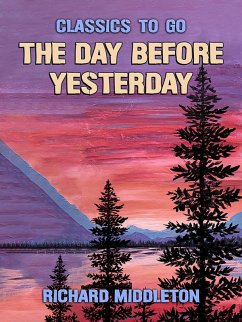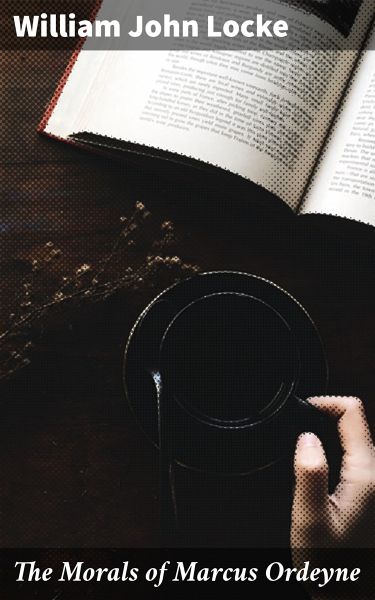
The Morals of Marcus Ordeyne (eBook, ePUB)
A Novel
Versandkostenfrei!
Sofort per Download lieferbar
0,49 €
inkl. MwSt.
Weitere Ausgaben:

PAYBACK Punkte
0 °P sammeln!
In "The Morals of Marcus Ordeyne," William John Locke artfully explores complex themes of morality, identity, and social justice, weaving a narrative that resonates with the uncertainties of the early 20th century. The prose is characterized by its gentle irony and keen observance of human behavior, embodying Locke's deft hand in character development and dialogue. Set against the backdrop of an evolving society, the story examines the protagonist Marcus Ordeyne's struggle to align his ethical beliefs with the realities of an increasingly commercialized world, all while engaging with the quain...
In "The Morals of Marcus Ordeyne," William John Locke artfully explores complex themes of morality, identity, and social justice, weaving a narrative that resonates with the uncertainties of the early 20th century. The prose is characterized by its gentle irony and keen observance of human behavior, embodying Locke's deft hand in character development and dialogue. Set against the backdrop of an evolving society, the story examines the protagonist Marcus Ordeyne's struggle to align his ethical beliefs with the realities of an increasingly commercialized world, all while engaging with the quaint charm of Edwardian society. William John Locke, a prominent English novelist and playwright, drew much of his inspiration from his own experiences of navigating the intricacies of human relationships and moral dilemmas. Educated in England and a traveler by nature, Locke's extensive exposure to diverse cultures and philosophies deeply influenced his perspective on social injustices. His own life journey, punctuated by a keen interest in the moral fabric of society, serves as a fertile ground from which this compelling narrative springs forth. Readers who appreciate literary fiction that delicately balances humor and poignancy will find joy in "The Morals of Marcus Ordeyne." Locke'Äôs astute observations and the richly layered characters invite readers to ponder their own moral standings, making this novel both an entertaining and thought-provoking exploration of ethical life in a changing world.
Dieser Download kann aus rechtlichen Gründen nur mit Rechnungsadresse in A, B, BG, CY, CZ, D, DK, EW, E, FIN, F, GR, H, IRL, I, LT, L, LR, M, NL, PL, P, R, S, SLO, SK ausgeliefert werden.







